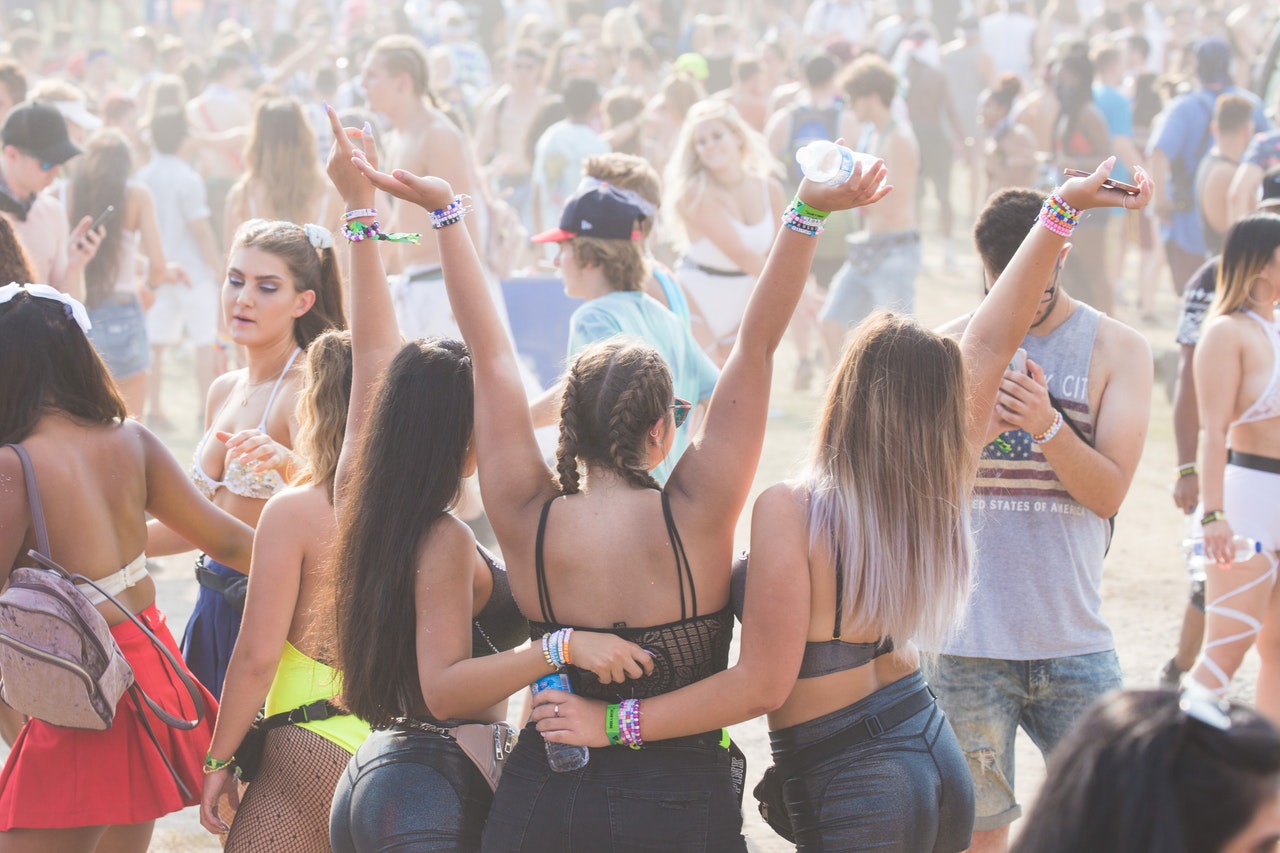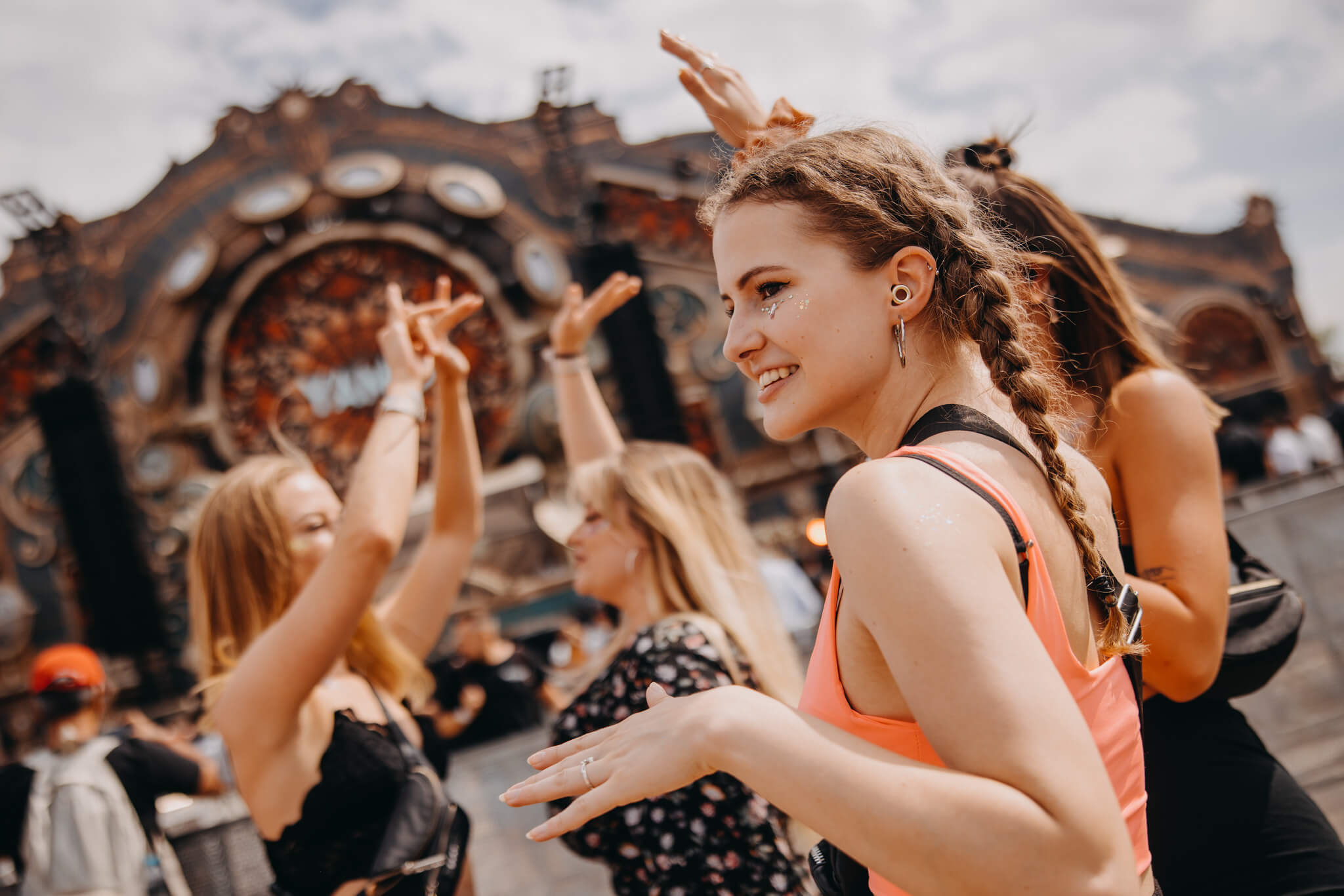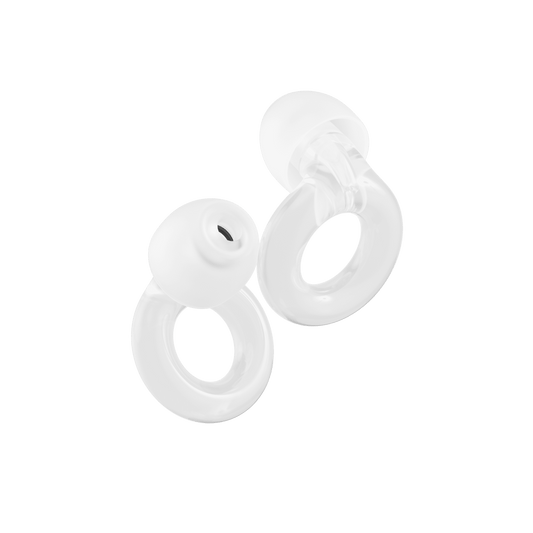Key takeaways
- Noise-induced hearing loss is common, affecting millions of people worldwide
- The best way to protect your hearing is to use hearing protection like earplugs or earmuffs
- It’s also important to take regular breaks if you’re exposed to loud noises, to give your ears a rest
- If you suspect you have hearing damage, see your doctor or audiologist as soon as possible!
From concerts to construction sites, there are lots of places where we can encounter loud noises in our everyday lives. But each one of them has something in common: we should all be using ear protection from noise. Why is protecting your hearing so important? And what can you do to prevent hearing loss? Read on to find out everything you need to know.

Understanding hearing damage
Before we learn how to prevent hearing loss, let’s first take a look at what hearing damage is, and how it occurs.
There are two main types of hearing loss: conductive and sensorineural. Conductive hearing loss happens when there’s a problem in the outer or middle ear, like a buildup of earwax or damage to the ear canal or eardrum.
Sensorineural hearing loss happens when there’s damage to the inner ear or auditory nerve. This type of hearing loss is usually caused by aging, certain medications, infections, medical conditions, genetic factors, or exposure to loud noises.
Noise-induced hearing loss
Noise-induced hearing loss is extremely common, and thought to affect 26 million adults and 5.2 million children around the world. It can happen either when someone is exposed to one incredibly loud noise such as fireworks or being in close proximity to a jet plane taking off, or over time with prolonged exposure to loud noises, like attending lots of concerts.
Loud noises can also cause other types of hearing damage, like tinnitus, which is a ringing or buzzing sound in the ears. Sometimes, tinnitus is temporary (ever been to a concert and had ringing ears immediately afterwards?) but, like hearing loss, it can become permanent. And, as anyone who has to live with buzzing ears knows, it can be annoying at best and debilitating at worst.
So, now you know how it happens, how can you prevent hearing loss? It’s not always possible, depending on the cause – some people need to take certain medications, and we do all get older. But when it comes to noise-induced hearing loss, prevention of hearing loss is definitely possible. It’s just a case of knowing how, when and where to keep your hearing safe.
Ways to prevent hearing loss
Without further ado, here are our top hearing safety tips to keep your ears healthy and your hearing clear.
1. Identify high-risk situations
Do you know how many decibels you can be safely exposed to before you run the risk of hearing damage? It might surprise you!
Hearing damage is possible at 85 decibels and higher – but you’d have to be exposed to sounds at this level for more than 8 hours without hearing protection to risk possible damage. To put that into context, 85 decibels is roughly equivalent to heavy city traffic.
At 91 decibels, hearing damage is possible after 2 hours without protection. Not sure what 91 decibels sounds like? It’s what a loud car radio sounds like – so be careful if you’re on a long journey and blasting the tunes out loud!
At 100 decibels, it can take just 15 minutes to damage your hearing. Concerts and festivals tend to be around 97 decibels, while nightclubs are 100 decibels – so if you’re partying all night long, you could be putting your ears at risk.
Once you know how loud different everyday situations can be, you can start to identify when hearing loss prevention needs to come into play. If you often find yourself in noisy environments, it’s a good idea to use hearing protection.
It’s also important to remember that it’s not just about how loud a noise is, but how close you are to it, too. If you stand right beside the speakers at a concert, for example, you’re more likely to be at risk of hearing damage than if you’re right at the back of the room.
Some high-risk situations when you might want to consider using protective hearing devices include:
- Bars (94 decibels)
- Concerts and festivals (97 decibels)
- Nightclubs (100 decibels)
- Rock concerts (104 decibels)
- Construction sites (noise levels vary – forklifts can reach 90 dB, while bulldozers average 96 dB)
- Using power tools (different tools vary, but all are loud – for example, hammer drills can reach 120 dB)
2. Use ear protection
The best way to keep your hearing safe is to use hearing protection. That’s because it’s designed to reduce the amount of noise that reaches your ears. Earplugs and earmuffs offer ear protection from noise by creating a physical barrier that reduces the intensity of sound reaching your ears.
If you’re at a concert that’s 97 decibels, that could potentially cause hearing damage within 30 minutes if you don’t use hearing protection. That’s why it’s important to look out for hearing protection that offers high levels of noise reduction. Loop Experience earplugs, for example, offer 18 decibels of noise reduction. That reduces the sound level of a concert from 97 decibels to 79 decibels, which is a safer level.
The main types of loud noise ear protection are earplugs and earmuffs.
Earplugs are small, soft devices that are inserted into the ears. There’s several types on the market, including:
- Foam earplugs: These are usually cheap and are often designed to be single-use. They tend to muffle sound rather than filtering it, so you might find that they work better for some situations than others – they might not be ideal for wearing during concerts, for example, as the sound quality won’t be as clear, but they could work well if you’re doing noisy DIY!
- Silicone earplugs: These are soft, reusable earplugs. Some, like Loop Earplugs, are specifically designed to filter sound rather than block it out, meaning you can still have conversations with others around you or enjoy the full festival experience without your favorite bands sounding muffled.
- Custom-molded earplugs: These are individually tailored to fit the specific shape of a person’s ear. They offer a super precise and comfortable fit, and offer excellent noise reduction – but they are very expensive!
Earmuffs are another option to protect against noise. There are two main types of earmuffs: standard and electronic.
Standard earmuffs have a simple and effective design which blocks out noise, while electronic earmuffs incorporate technology such as built-in microphones and speakers. They’re more expensive but they also allow the wearer to communicate better. Both types of earmuffs are particularly useful when it comes to preventing occupational hearing loss.
3. Take breaks
When it comes to how to prevent going deaf, hearing protection is the most important part of the puzzle – but it’s not the only part.
It’s also important to take regular breaks when you’re exposed to loud noises. Remember, that it’s not just how loud the noises are, but also how long you’re exposed to them for, and how close you are to them.
So if you’re at a concert, consider stepping outside for a few minutes (maybe when they start playing that one song you always skip), or if you’re using power tools, make sure you remember to put them down every so often and give your ears a break.
4. Monitor volume levels
Sometimes, we don’t even realize how loud the noises we’re hearing are. How often do you find yourself reaching for the remote to turn the television up? Or have you ever turned your headphones up a notch or two when you’re walking along a busy street?
Some signs that noise levels are too loud include:
- If you have to raise your voice to be heard
- You can’t hear someone speaking when they’re 1 meter (3 feet) away from you
- Other people’s speech sounds muffled after leaving a noisy area
- Your ears are ringing or buzzing after leaving a noisy place
You can get sound level monitors and decibel reader apps to help you monitor how noisy a particular environment is. You might not always have this on you, though, so a good rule of thumb to judge whether somewhere is too loud is this: if you can’t talk to someone who’s 2 meters (6 feet) away from you without shouting, it’s too loud.
5. Seek professional help
If you suspect you have hearing damage, get seen by your doctor or audiologist. They’re best placed to tell you how to keep your ears healthy and how to prevent hearing loss from getting worse.
Maybe you think your hearing is getting worse, but you’re not entirely sure… You’ve noticed more and more that you’re struggling to hear people, even when they speak at a normal volume. Or maybe you’ve noticed some ringing in your ears after being in a noisy environment. You could start by taking an online hearing test before seeing a doctor or audiolog5. ist.
When you see a hearing specialist, here’s what you can generally expect:
- They’ll start by discussing your medical history, as well as any symptoms you’re experiencing. It’s also likely they’ll ask you about your lifestyle and work environments to determine whether you’re spending any significant amount of time exposed to loud noises.
- They may carry out an otoscopy, which is when they use an instrument called an otoscope to examine your outer ear and ear canal. This helps them to see if there are any visible issues.
- Another test they might conduct is pure-tone audiometry, which is a standard hearing test that involves wearing headphones and listening to tones of different frequencies and volumes. This helps them to understand whether you have any issues with particular frequencies.
- You may also have a speech audiometry test, which is to understand whether you have any issues with speech at different volumes.
- Depending on your symptoms, you may also get other tests to examine different parts of your ear and they respond to sounds.
Based on the results of your assessments, your audiologist will be able to recommend the best solution for you to keep your ears healthy and minimize any future hearing loss, if possible.
How to keep your hearing healthy
Whether you’re exposed to loud noises in your leisure time or at work, it’s crucial to protect your hearing.
Noise-induced hearing loss is unfortunately a common problem, but it can be prevented – so make sure that you’re doing everything you can to protect your hearing!
That means wearing proper hearing protection like earmuffs or earplugs, taking breaks from loud noises, making sure that you’re not too close to loud noises if you can avoid it, and seeking professional help. When you look after your ears, you can live life to the fullest!
Do Loop Earplugs Protect Your Hearing?
Absolutely. Loop Earplugs are designed not just for comfort, but also for hearing protection. By effectively reducing noise levels, they help safeguard your ears from the potential damage caused by prolonged exposure to loud environments, with noise reduction of up to 24 dB (SNR) and 14 dB (NRR) of noise reduction.
Whether you're at a concert, in a bustling city, or working in a noisy office, Loop Experience, Engage and Switch earplugs filter out harmful sounds while preserving audio clarity, ensuring you can enjoy your activities without compromising your hearing health. And when you need to tune out the world even more, there’s Loop Quiet, designed with super soft silicone for increased noise reduction – and increased hearing protection.
10M+ happy customers
Our earplugs
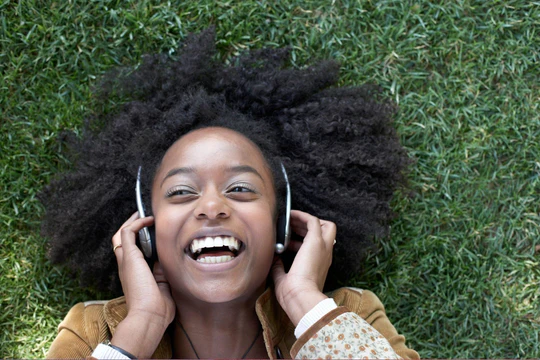
Why People Love Loud Music
It’s Friday, 9 PM, and the night is just getting started. You’re ready to enjoy some dancing with your friends. You w...

Hearing Damage: Dangerous Decibels In Your Daily Life?
Discover how many decibels can cause hearing loss and learn how to protect your hearing in our informative article.
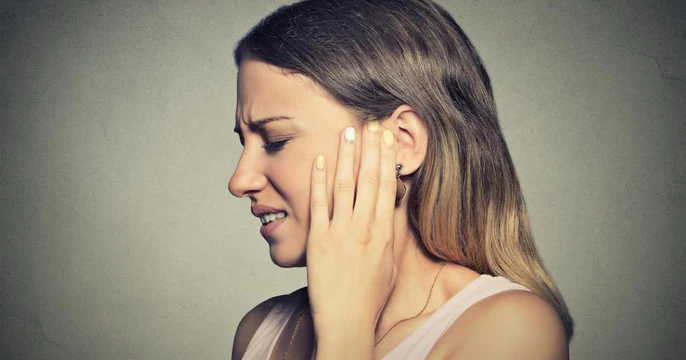
What is Tinnitus?
What is Tinnitus? Tinnitus is an audiological and neurological condition. It’s the perception of sound when no actual...












